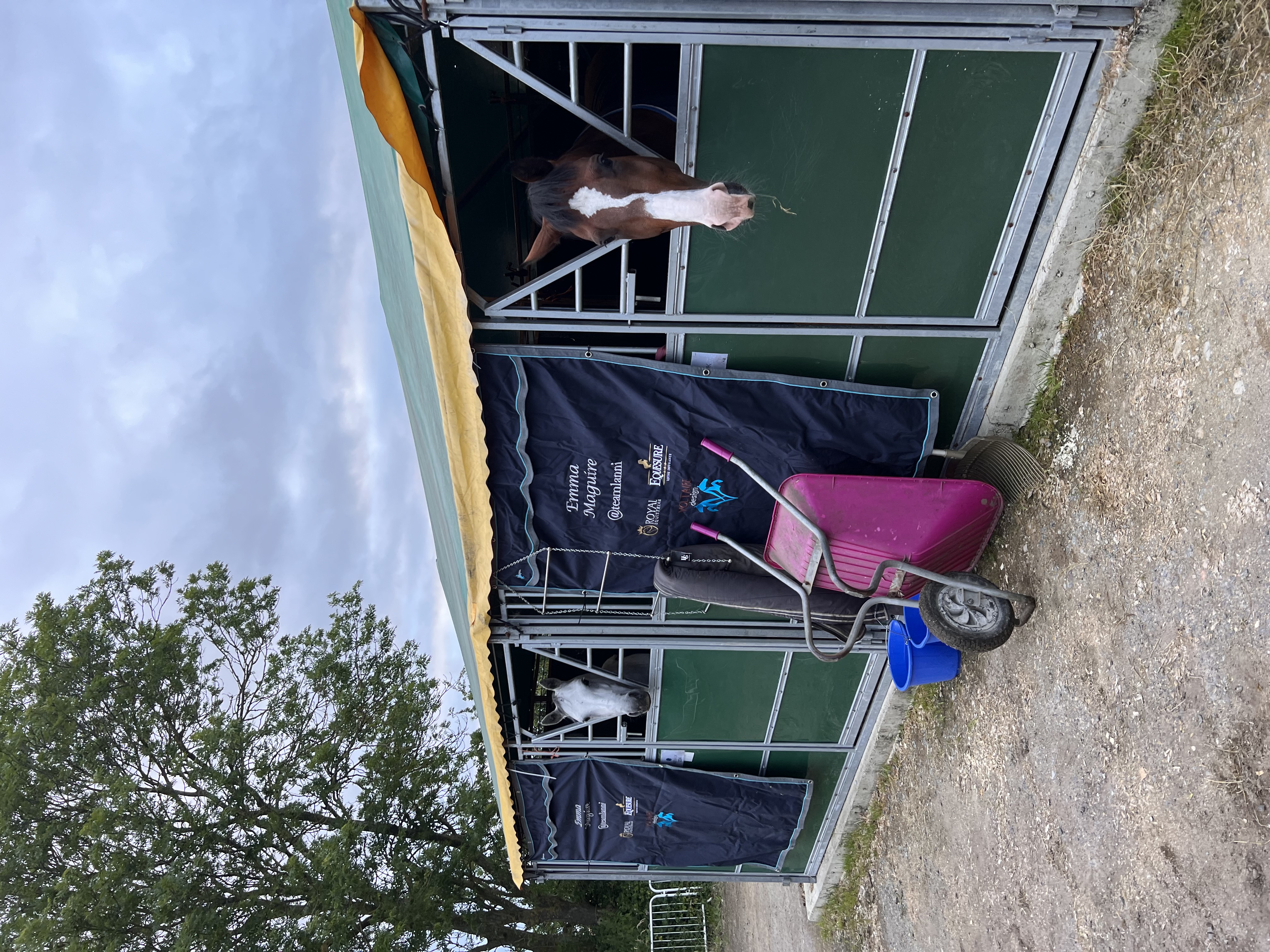I find this one of the toughest topics in the horse world, as everyone does something different. There are thousands of products on the market – all claiming they can cure everything – and nutritionists are often affiliated with a feed company, making any advice potentially biased.
But what do our horses really need? The answer is they are all different, which just makes the topic so tough!

With a long history of ex-racehorses, I always find feed a talking point. Thoroughbreds are renowned for not being the hardiest, not bred to carry weight, and often come from race yards where there is limited or no turnout and hard feed is a staple part of their diet. I find they will lose weight when turned out on just grass, which will often have owners rushing to the nearest feed store, but I have found two things with this:
- If you carry on with the diet they are used to, you are forced to continue with this very high volume (and, let’s be frank, very expensive) feeding regime.
- This in turn means they are taking on way too much sugar, because it is highly unlikely any owner is exercising them to the level a race yard was. I also think this has a lot to do with why ex-racers get a bad reputation for being spooky and sharp.
If mine have come straight from the track, I will always cut out their hard feed, turn them out as much as possible and allow them grass, plus ad lib hay. Ad lib hay is especially important if your field lacks a variety of grazing. I am very fortunate to have a large, natural hedge line which provides a range of nutrition. They may, in the very short term, drop a little weight, and then will slowly put it back on as their body adjusts to a more sustainable and natural feeding pattern.
Once they start to regain the weight, or at least stabilise, I may introduce a high-fibre, low-sugar mash to help hold the weight over winter as the sugar content drops in the grass. However, this is completely dependent on the cut of hay that year, as people often forget hay can be incredibly high in sugar content and only testing will confirm exactly how high. This may be more important if you are looking after a horse with a strict diet.
In summer I may top up with a recovery mash-type feed as electrolytes are crucial to replace when lost through sweat and the mash is a great way to keep them hydrated. I ride my horses three or four times a week, with one of those rides usually being a competition or a more intensive weekend ride, and I rarely find this work demands a high level of feed.
But, most importantly, do not let your horses decide what to put in their feed bucket!




